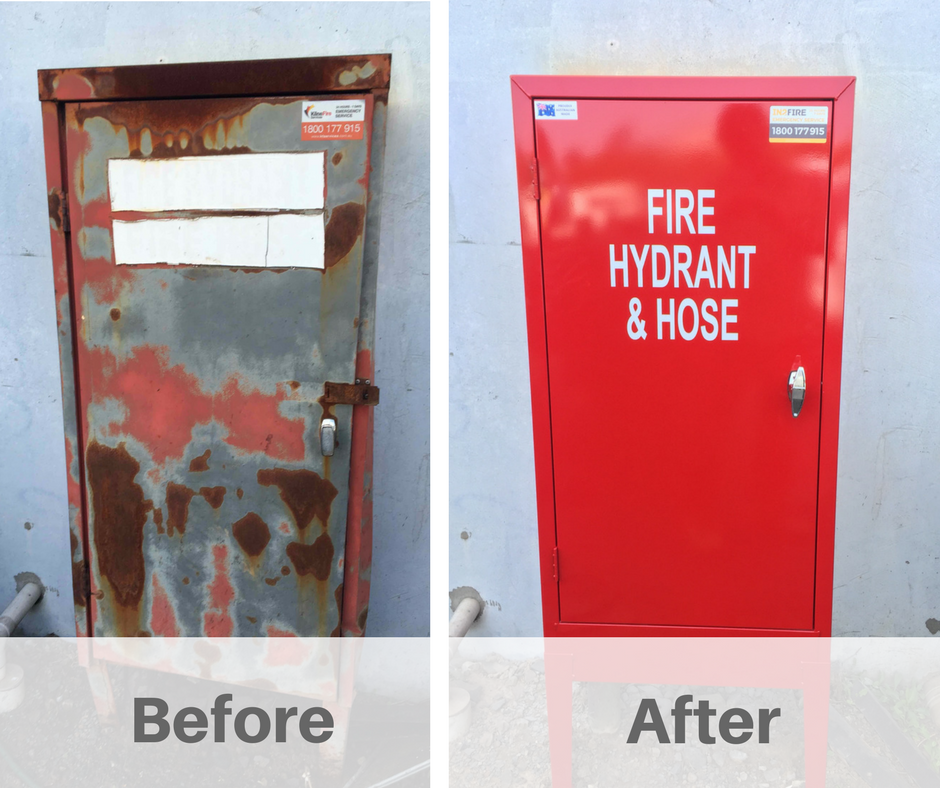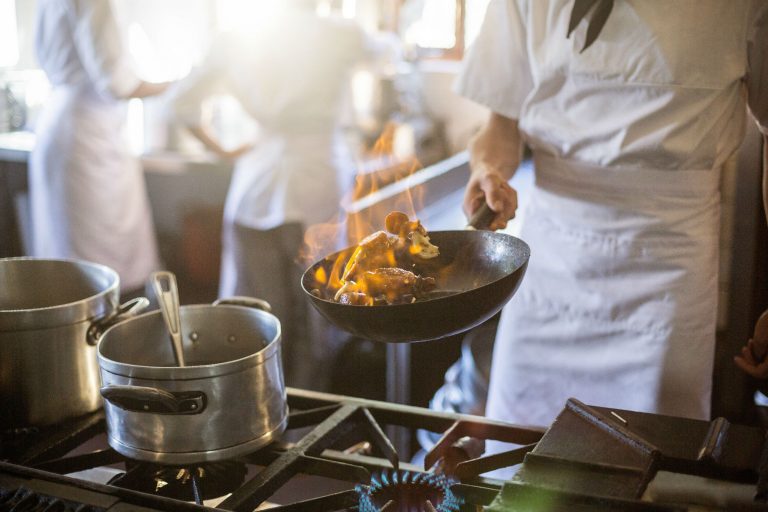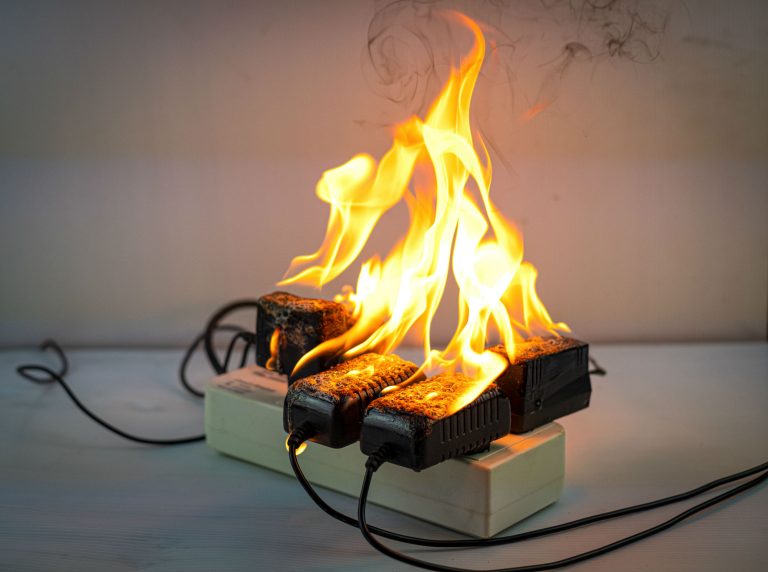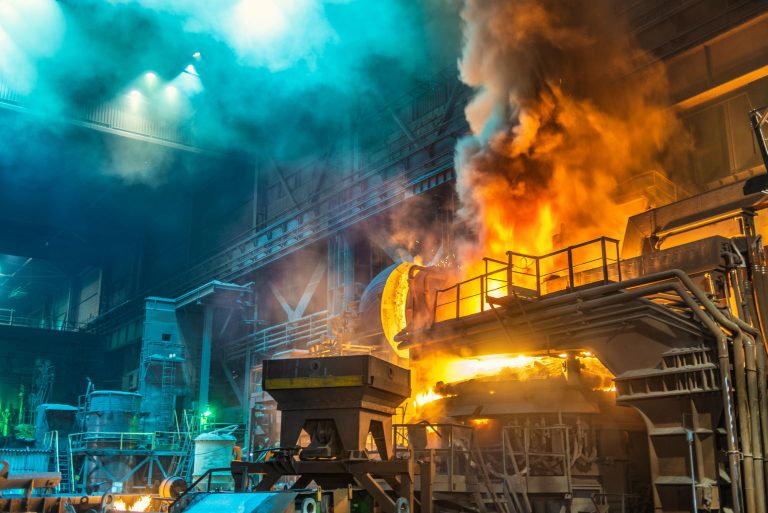Having the right fire safety equipment at your premises – whether you’re the owner occupier or landlord – isn’t just important, it’s the law.
If you’re looking to have your new premises kitted out with a range of fire safety measures, or you want to change suppliers, we’ve listed three things you should look for when choosing what fire equipment is right for you.
Make sure you’re compliant
There are serious penalties for businesses, business owners, building owners and landlords who don’t adequately equip properties with fire safety equipment. In fact, the safety of everyone who works and visits your building or site is your responsibility… in the event of a fire, everyone should be able to evacuate the area quickly and safely.
Should a preventable injury or a death result from a fire the ramifications to your business and to you personally can be significant; not only are we talking massive fines, but in some cases, the possibility of legal action.
Avoiding this is easy, by ensuring your fire equipment is complaint with the relevant Australian standards, in particular AS1851 Maintenance of Fire Protection Systems and Equipment.
Sound confusing? You can call your local MFB, CFA or Council to get more information on your responsibilities. We can also send our team out for a site visit and give you a complete list of the equipment you’ll need to keep yourself out of trouble.

Your fire equipment should match your business operations
There’s no point having a couple of Class A fire extinguishers designed for putting out a fire in organic materials if your major risk is an electrical fire.
Knowing what type of equipment will immediately and effectively fight a fire is vital to the success of your fire safety planning; if a fire can be stopped before it spreads to other, more flammable, parts of your business premises, then you’ve not only kept your personnel safe, but you’ll dramatically cut the damage bill and downtime as well.
Before commencing operations, you need a complete run down of the type of risk your premises has – from cafe kitchen right through to industrial warehouse – and how you’ll mitigate that risk.
Fire safety equipment should be maintained
Unfortunately, fire equipment doesn’t have an indefinite shelf life. Like anything, it needs to be regularly checked and tested to ensure optimum performance when and if it’s needed.
Therefore, once your fire safety equipment needs have been identified and everything has been installed, a maintenance schedule should be drawn up to ensure your equipment is in peak working order. This can be done by yourself or a building manager, but the most effective way is to outsource the maintenance to a reputable fire safety company.
If you have any questions about the points we’ve raised here, or would like to speak to our team about fire safety equipment for your business premises, we’d love to hear from you.




